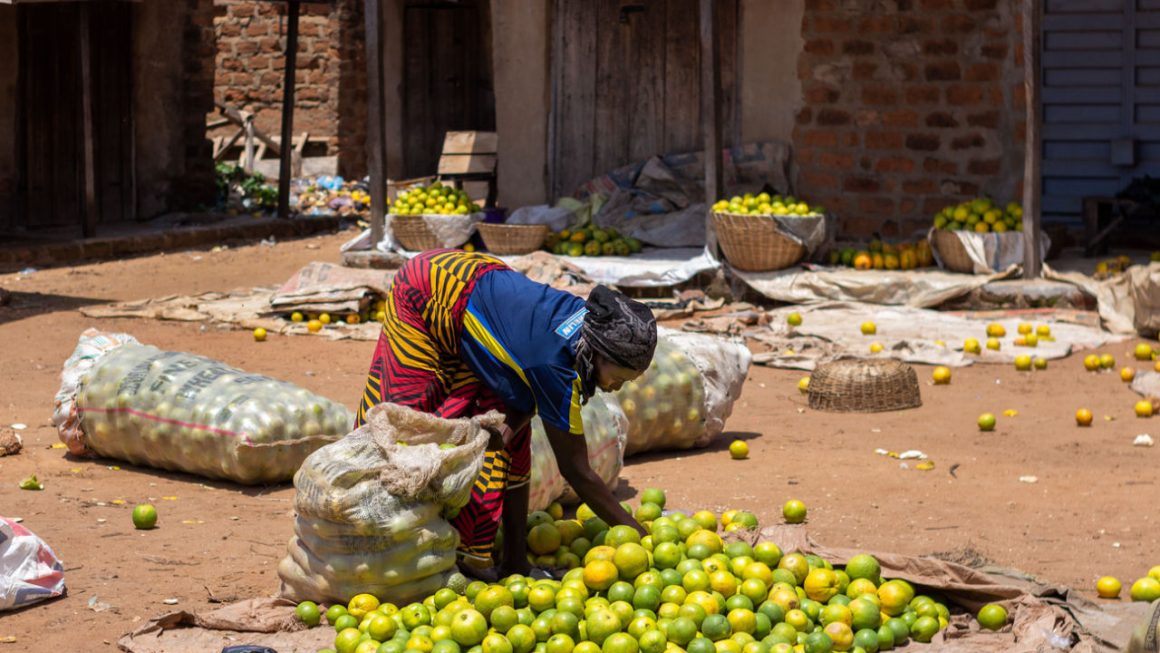Faced with a cash shortage due to the central bank’s monetary policy, merchants in Nigeria’s Benue State have reportedly resorted to barter. Merchants in the state have pleaded with the Nigerian government to consider reversing the Central Bank of Nigeria’s naira redesign policy. The Supreme Court of Nigeria announced on March 3 that it will rule on a lawsuit challenging the naira redesign policy.
Barter to help keep business afloat
Due to cash shortages caused by the so-called Naira Redesign Policy of the Central Bank of Nigeria (CBN), merchants in Nigeria’s Benue State have resorted to bartering, according to a local report. The report added that some merchants, especially those without bank accounts, began receiving payments in the form of goods and produce shortly after the deadline for the abolition of the old naira.
As previously reported by Bitcoin.com News, the CBN’s attempt to exchange old naira bills for newly designed bills failed, causing uproar in several Nigerian states. Many Nigerian politicians, including presidential candidate Atiku Abubakar, have pleaded for an extension of the deadline.
In response to this plea, outgoing President Muhammadu Buhari, who has supported the CBN’s currency reform, agreed only to extend the life of the 200 naira bill; as a result of the CBN and President Buhari’s refusal to extend the life of other bills, cash strapped food merchants like Felix Uwakwe residents of Benue State are accepting payment in the form of other commodities.
“Bartering is a way out of the current situation we are in. We are bartering in some form or another. I call it a form of barter trade. This is because when merchants, especially those in rural areas, come to a town to sell their goods and cannot collect the exact money for the goods traded because of the lack of new design naira bills, they would rather trade the value of their goods for what the merchant who sold the goods has to give in return.”
Calls for the Nigerian government to intervene
However, Uwakwe acknowledged that barter is not the ideal way to trade. He urged the CBN to consider issuing more new naira bills so that the “unnecessary hardship” being experienced by Nigerians could be put to an end.
Benue State resident Grace Oruda was similarly quoted in the report as calling on the Nigerian government to reverse the CBN’s monetary policy.
Meanwhile, the Nigerian Supreme Court recentlysaid it will rule only on March 3 on a case in which governors of the All Progressives Congress (APC) political party are challenging the naira’s redesign policyand the country’s Ho

